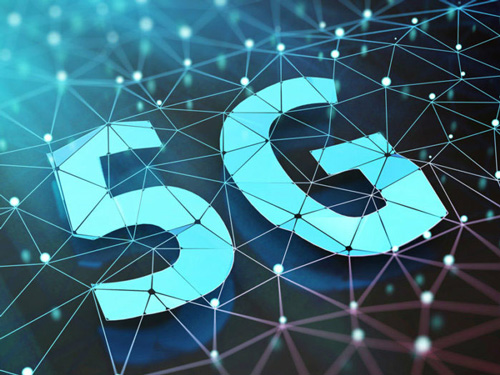Observer Repor
Beijing
An integration of 5G and the BeiDou Navigation Satellite System (BDS) is expected to become the most important infrastructure in the era of intelligence, said an academician at the Chinese Academy of Engineering.
Liu Jingnan, also a professor at Wuhan University, expressed his confidence in the vast number of opportunities and innovative technologies emerging from the integration of 5G and BDS, said a report in the Science and Technology Daily.
The timing accuracy of the BDS system ranges from 20 to 30 nanoseconds, which can reach one nanosecond or even less through ground-based and space-based enhancements. The real-time positioning accuracy can reach one centimeter, Liu said.
As an infrastructure in the era of intelligence, 5G has the advantages of more bandwidth, larger capacity and large-scale connectivity, providing basic support to industries such as virtual reality, intelligent manufacturing and autonomous driving.
However, problems like the millisecond delay and virtual network location of 5G also restrict the remote control of driverless vehicles, Liu said, adding that the BDS system is the solution.










